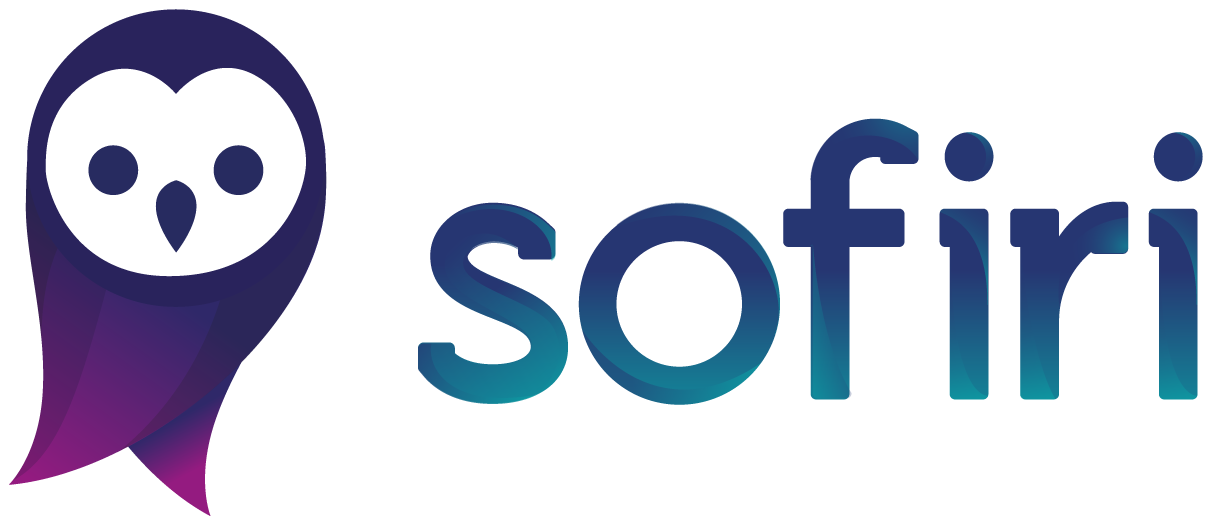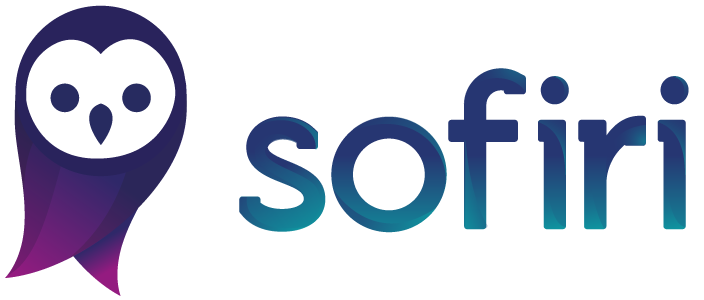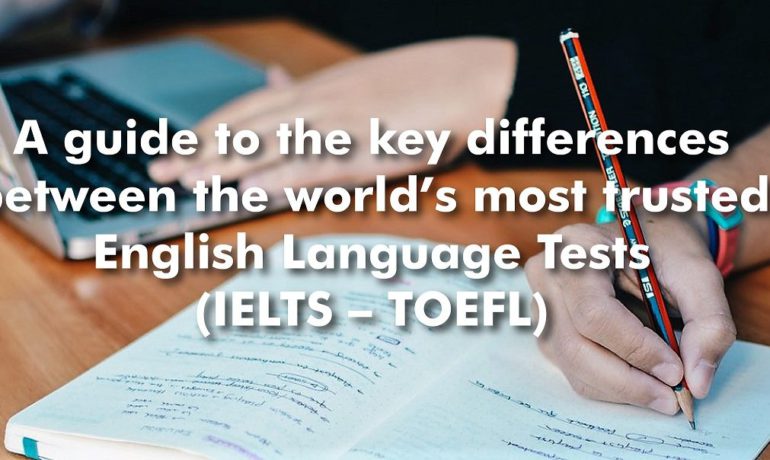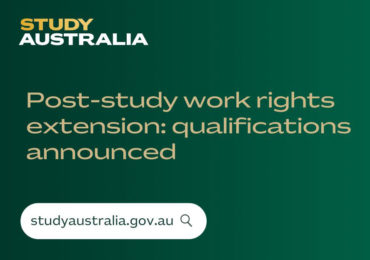IELTS and TOEFL are two of the most relevant and popular English Language Tests in the world that score English proficiency. But, have you thought about which one is the best for you? Or, do you know the differences between them?
Well, you are about to find out.
Both IELTS and TOEFL are highly recognised and trusted by universities, governments and businesses around the world, but they’re quite different in their structure and approach. For instance, in the IELTS Test you must be interviewed with an examiner for the speaking test, whilst in the TOEFL you record all your answers in a computer.
But, let’s go further!
What is IELTS?
IELTS stands for International English Language Test System and is the high-stakes English test for study, migration or work. IELTS was one of the pioneers in creating the ‘four skills’ of English language testing more than 25 years ago, and it continues to set the standard for English language testing today. In addition, it is jointly owned by the British Council, IDP: IELTS Australia and Cambridge Assessment English.
There are two types of IELTS Test: IELTS Academic and IELTS General Training. The Academic Test is for people applying for higher education or professional registration in an English speaking environment and the General Training Test is for those who are going to English speaking countries for secondary education, work experience or training programs.
What is TOEFL?
TOEFL stands for Test of English as a Foreign Language and measures your ability to use and understand English at the university level. It also evaluates how well you combine your reading, listening, speaking and writing skills to perform academic tasks. Moreover, it is jointly owned by the organisation ETS: English Testing System from the United States.
TOEFL scores are used for Immigration departments who use the test to issue residential and work visas; medical and licensing agencies which use them for professional certification purposes; and individuals who use them to measure their progress in learning English.
General Differences between the IELTS and TOEFL Test
Both tests are trusted by over 10,000 organisations, including universities, professional bodies, employers and migration authorities. But as we mentioned before, they are both different in the way they test.
| Test | TOEFL | IELTS |
| Mode | Computer | Paper and Computer |
| Answers | Multiple Choice | Short answers (1-3 words), multiple choice, matching, labelling, and sentence completion. |
| Duration | 4 hours | 2 hours and 50 minutes |
| Test Available | 1 | 2 (Academic or General Training) |
| Mostly preferred by Universities from | United States, Canada, France, Germany | Australia, New Zealand, United Kingdom, Asia |
Key Differences by skill area
During both tests, you are asked to perform short tasks that will allow examiners to score your skills in 4 key areas – listening, writing, reading and speaking.
How these key areas are tested in IELTS and TOEFL are different.
1. Listening
| Test | TOEFL | IELTS |
| Duration | 60-90 minutes | 30 minutes |
| Topics | University lectures or professional conversations | Social issues, technical or educational context |
| Answers | Multiple choice | Short answers (1-3 words) |
| Accents | United States, United Kingdom, New Zealand or Australia | Multiple foreign accents |
| Notes | People can take notes and answer after listening | People can take notes and answer whilst listening |
2. Writing
| Test | TOEFL | IELTS |
| Duration | 50 minutes | 60 minutes |
| Topics | Readings and listening tasks, opinions | Letter, essay, graph, chart, table or diagram and a point of view |
| Answers (number of words) | Five-paragraph essay between 300-350 words and 150-225 word response | Letter writing task of 150 words for General IELTS, Summarize, explain or describe a graph or diagram in 150 words for Academic IELTS and Professional essays of 250 words for both. |
3. Reading
| Test | TOEFL | IELTS |
| Duration | 60 – 80 minutes | 60 minutes |
| Topics | Passages from academic texts | News, publicity, books, newspapers, official documents and manuals for General IELTS and long texts about books, interviews, magazines and newspapers for Academic IELTS |
| Answers | Multiple choice | Short answers (1-3 words), multiple choice, matching, labelling, and sentence completion. |
4. Speaking
| Test | TOEFL | IELTS |
| Duration | 20 minutes | 11 – 14 minutes |
| Topics | Opinion on a familiar topic, reading and listening tasks | structured discussion on a familiar topic |
| Mode | Speech recorded into a microphone | Interview face-to-face |
| Notes | People can take notes | People can take notes |
| Accents | United States, United Kingdom, New Zealand or Australia | One foreign accent |
| Schedule | On the same day as other key areas | On the same say day, however some IELTS centres may have a different day from other key areas |
Scoring of the IELTS and TOEFL Test
Every section is scored individually for both tests and the total score for the IELTS will be the average rounded up, while for TOEFL it will be the sum of the scores.
The IELTS reports band scores from ‘1’ (the lowest skill level – Non-user) to ‘9’ (the highest skill level – Expert user), but you can get a ‘0’ if you don’t attempt the test.
The TOEFL reports a score from 0-30 per section, where 0-13 can be low, limited or weak and 22-30 can be high or good.
IELTS and TOEFL equivalence
According to ETS the following data is based on the analysis of 1,153 individuals who took both tests (IELTS Academic and TOEFL).
| IELTS Band | TOEFL Score |
| 0-4 | 0-31 |
| 4.5 | 32-34 |
| 5 | 35-45 |
| 5.5 | 46-59 |
| 6 | 60-78 |
| 6.5 | 79-93 |
| 7 | 94-101 |
| 7.5 | 102-109 |
| 8 | 110-114 |
| 8.5 | 115-117 |
| 9 | 118-120 |
Still don’t have IELTS?
If you’re planning to study English to prepare yourself for the IELTS test to study in Australia or New Zealand, please consider Sofiri. With Sofiri, you will get free advice on courses, help with your application and even assistance with your student visa. We will hold your hand every step of the way and provide guidance on your best study options to fulfil your career aspirations.





